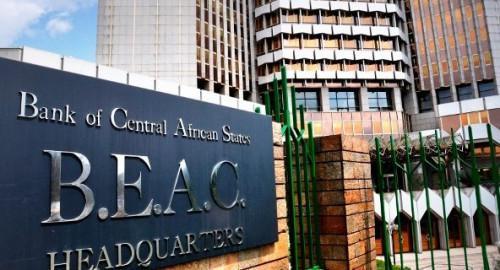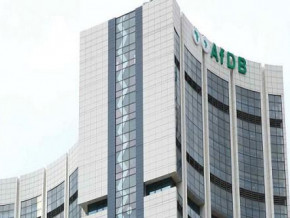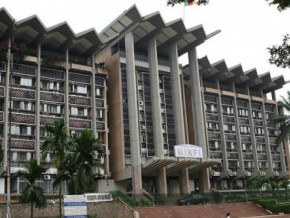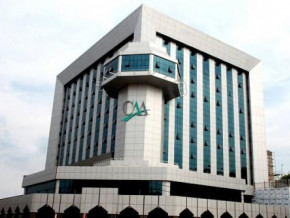
CEMAC: BEAC eases rules on international transfers to address the currency shortage

(Business in Cameroon) - The Bank of Central African States (BEAC), local banks and economic operators have reached a consensus about the new foreign exchange regulations issued by the Central Bank. This was revealed by Abbas Mahamat Tolli, BEAC’s governor, during a press conference held at the end of a meeting organized in Douala on July 4, 2019, to inform economic operators and local banks about the regulation. According to the governor, the exchanges were open and heated but, in the end, an agreement has been reached to help overcome the currency crisis affecting CEMAC countries.
The first measure aimed at addressing the problem is an agreement, by the Central Bank, not to systematically reject transfer requests from commercial banks that have sufficient foreign reserves to carry out those transfers. In return, those banks promised to hand back the same amount of currency provided by the Central bank, labelled in the same foreign currency, within reasonable time. Otherwise, they will receive monetary penalty valued at 5% of the volume of assets they illegally hold outside the CEMAC zone.
According to the IMF, the volume of assets illegally held outside the CEMAC zone by local firms and institutions is estimated at XAF3,000 billion. This is about the same amount of foreign reserves in CEMAC countries’ current account on June 30, 2019.
Abbas Mahamat Tolli indicated that banks were reluctant to repatriate their external assets despite the central bank’s injunction and foreign exchange rules. Those banks developed an interbank market and even a black market, the governor added. Trades from these markets represent 50% to 80% of their net banking income.
Transfer requests’ retention
According to governor Abbas Mahamat Tolli, transfer requests submitted by commercial banks with illegal external assets, make 32.4% of the overall transfer requests the central bank receives. The remaining requests are usually processed within 24 hours and almost always approved, the central bank reveals.
These figures indicated by the governor dispels the widespread negative belief that BEAC blocks the supply of currencies to commercial banks.
The second measure agreed upon during the meeting is an agreement by economic operators and banks to disclose details of importers and other companies requesting international transfers to the BEAC. That way, the central bank can directly inform the requester about the processing status of the said request. The requester will then contact BEAC to inquire about the transfer’s status.
The governor indicates that the second measure is aimed at ending commercial banks’ practices that include not sending transfer requests to the central banks making the requester believe that processing time is increasingly longer. Yet, since the regulation came into effect in March 2018, processing time dropped from 20 days to 24 hours, the governor added. He also revealed that during the recent inspections conducted by the BEAC, it was found out that 60% to 80% of economic operators’ transfer requests were held back by commercial banks. They were thus not submitted to the central bank for processing.
Brice R. Mbodiam
Mags frontpage
- Most read 7 days
- shared 1 month
- read 1 month






























